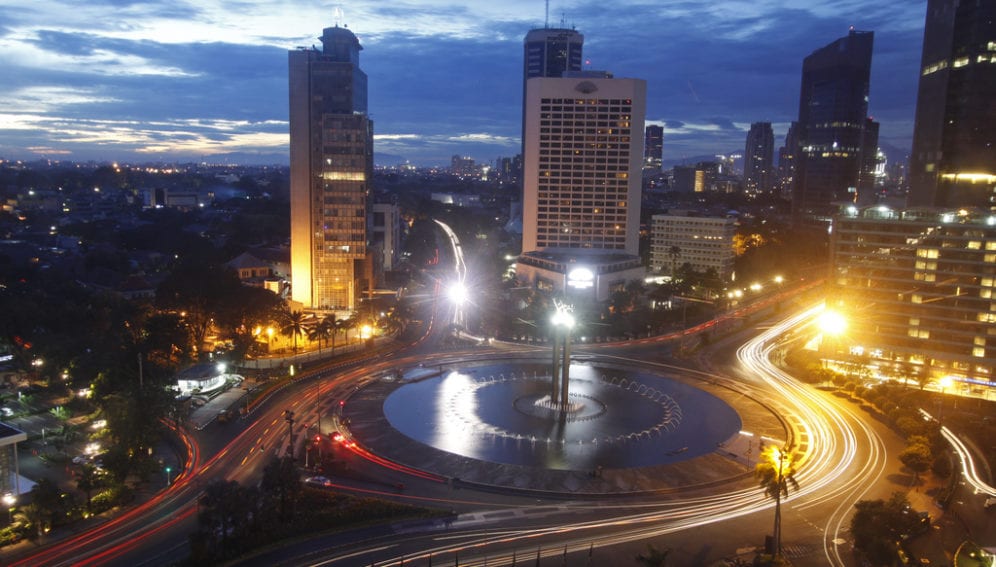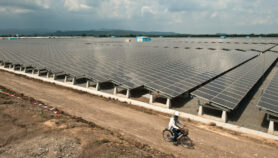By: Athar Parvaiz
Send to a friend
The details you provide on this page will not be used to send unsolicited email, and will not be sold to a 3rd party. See privacy policy.
[NEW DELHI] India’s plan to establish 100 smart cities, if properly implemented, could set a trend in the developing world for innovative and sustainable infrastructure development, an international meet held in Delhi in early February concluded.
“This is an opportunity for India to use technology to leapfrog across the world,” Amitabh Kanth, secretary in Indian government’s department of industrial policy and production, said at a session during the 15th Delhi Sustainable Development Summit (DSDS), organised by The Energy and Resources Institute (TERI).
India’s plan as announced by the government would make use of geographic information systems for town planning and use the latest technology for utilities, waste management and transport systems.
Kanth said India does not need to replicate western models of urbanisation such as the one in Atlanta, US, where 98 per cent of people travel using cars that guzzle fuel. “It is advisable and [also] easy for us to avoid such urbanisation,” he said.
According to a McKinsey Global Institute (MGI) report, India’s urbanisation will be rapid. “It took nearly 40 years (1971— 2008) for India’s urban population to rise by 230 million. It could take only half that time to add [another] 250 million,” the report says.
The MGI report, a point of reference at the DSDS meet, cautions that the challenge of raising infrastructure will be enormous given the impending massive addition to India’s urban population. At the current rate of investment, the report says, the average citizen would get an average 65 litres of water a day and cities would release 70—80 per cent of their sewage untreated.
Kanth said that smart solutions are needed for challenging goals like ensuring carbon-free and congestion-free transportation, clean energy supply, waste and water management. “For this, we have to embed technology, finances, smart governance and smart public behaviour,” he said.
Mili Majumdar, director of the sustainable habitat division of TERI, said that infrastructure efficiency has to be met through better public participation in revenue generation. If the concept of smart cities is to be implemented people would need to pay for services, she said.
According to the MGI report, cities generate the lion’s share of India’s tax revenue (80 — 85 per cent). Against that only 37 per cent of city dwellers pay tax, Majumdar said.
M. Ramachandaran, senior advisor, US Green Building Council, observed that ignoring sustainable urban development could prove expensive as it will deter investors, leading to unemployment.
> Link to the McKinsey Global Institute report
This article has been produced by SciDev.Net's South Asia desk.














